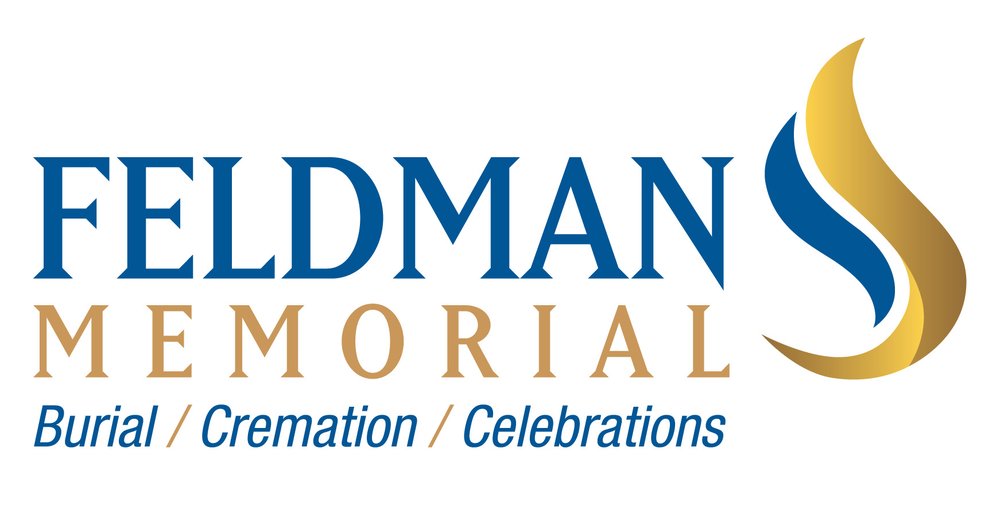
Legal Considerations
After a death, there are many legal details that will need to be taken care of. While it may not be required, we find having a lawyer can be beneficial and is recommended. The time that follows the death of a loved one is highly emotional, and even the closest of families may have some disagreements over trivial matters. It is good to secure an impartial lawyer, who has the understanding and knowledge to help you figure all related legal matters out.
Prior to contacting the lawyer, we recommend gathering these important documents that you will need.
- Wills
- Deeds
- Bank Statements
- Insurance Policies
- Vehicle and Boat titles Add Content
- Tax Documents
There are a variety of items that should be addressed quickly after the passing of a loved one. As a guide, we have outlined the most common items that will help you in managing the affairs smoothly.
- Wills. Although you do not need a lawyer to complete a will, it is recommended to do one with a lawyer, as it can help avoid legal headaches after your passing. Once your will is complete, keep it somewhere safe and secure outside of your home. If you do your will through a lawyer, most law firms will store it for you free of charge. Avoid keeping your will in a safety deposit box at a bank, as the contents could be sealed at the time of death. The executor of your will should be aware of the location of it.
Probate. Probate is the legal process that transfers the legal title of property from the estate of the deceased to their beneficiaries. During the probate process, the executor of your will goes before the courts and identifies and catalogs all the property you owned and appraises the property. They pay all debts and taxes, prove that the will is valid and legal, and then distribute the property according to the instructions of the will. Probate can be a long, drawn-out legal process, and there are some probate-avoidance plans available. Speak to your attorney to find out what you can do to avoid probate in your area.
Executors. An executor is the personal representative of your estate. They are the person in charge of taking control of your assets, paying off any debts, and distributing assets to your beneficiaries per the terms and conditions of your will. Choose someone who is both competent and trustworthy, and name them in your will. Whoever you appoint to be the executor of your will has the right to refuse, so you should have a backup executor in place just in case.
Death Certificate. A Certified Death Certificate is necessary before anything can be done. The knowledgeable staff at Feldman Memorial will help in securing multiple-copies of the death certificate needed for handling the deceased affairs. Most agencies require a certified certificate and will not accept a photocopy.
Bank Accounts. Managing a bank account after a death varies regionally. In some regions, bank accounts are automatically frozen after a death. To avoid complications, notify the bank immediately and find out the proper procedures for releasing the bank funds and the process for setting up a new account for any funds that may be received after the death. This account should be a joint account between the deceased and the individual identified to handle your loved ones banking affairs.
Listen to our Estate Planning podcast! Listen now.


